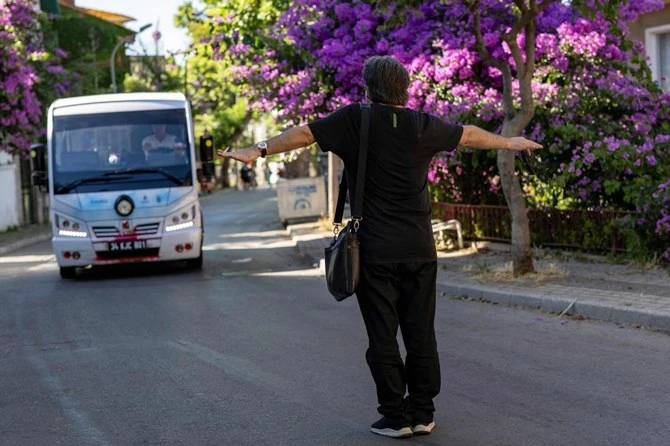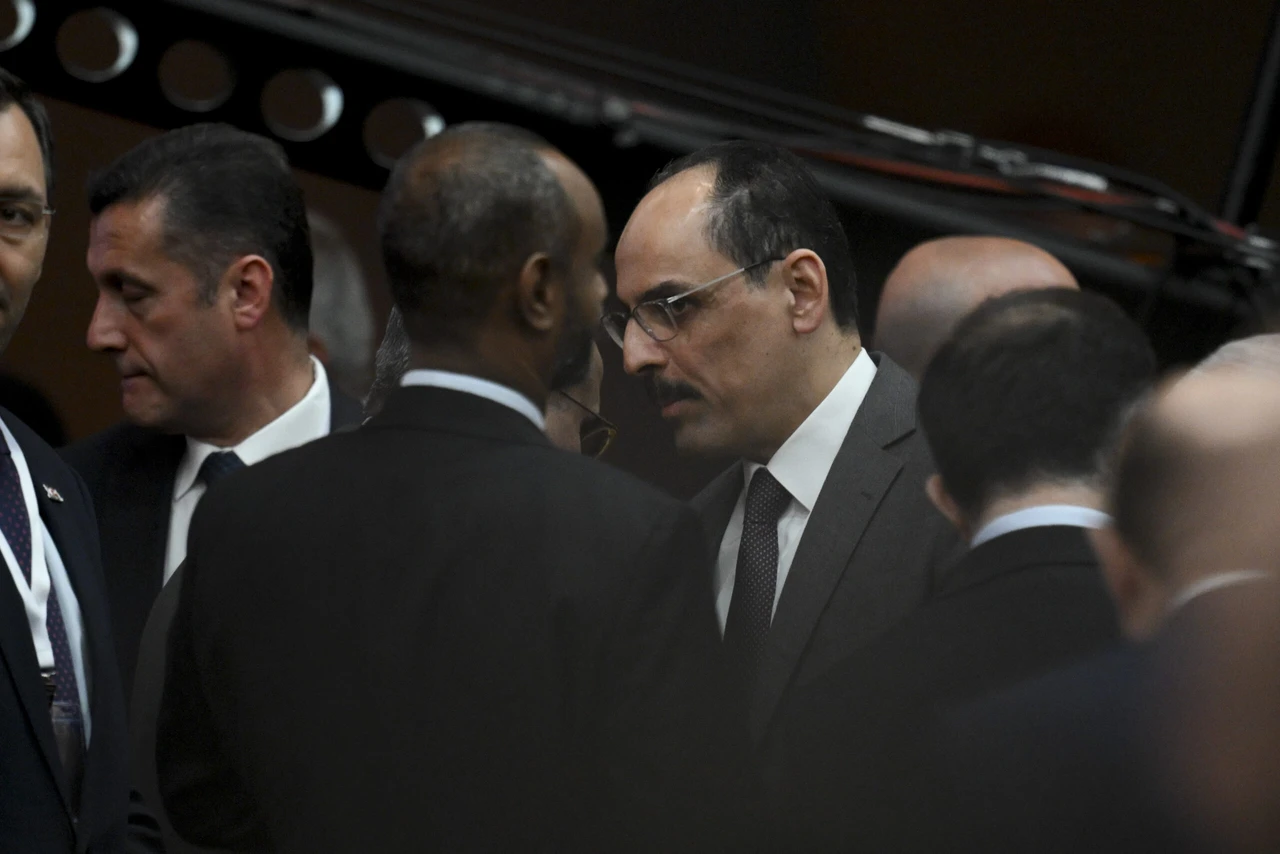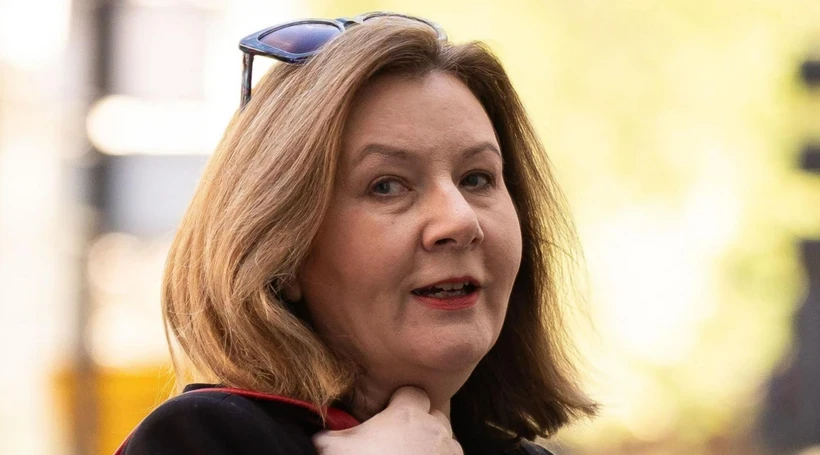Istanbul’s Princes’ Islands residents file legal complaint against Imamoglu over ‘monstrobuses’
 Buyukada is one of the Princes’ Islands, a popular destination for tourists and a retreat for many of Istanbul’s 16 million inhabitants, and motor vehicles are prohibited there except for essential services. (AFP Photo)
Buyukada is one of the Princes’ Islands, a popular destination for tourists and a retreat for many of Istanbul’s 16 million inhabitants, and motor vehicles are prohibited there except for essential services. (AFP Photo)
Residents of Buyukada have filed a legal complaint against Istanbul Metropolitan Municipality (IBB) President Ekrem Imamoglu and IETT General Manager Irfan Demet.
The controversy surrounds the introduction of electric minibuses, dubbed “monstrobuses,” or “azmanbüs” by locals, which residents claim are damaging the area.

Complaint details
A group of Buyukada residents submitted a petition to the prosecutor’s office at the Istanbul Courthouse in Caglayan.
In their petition, they highlighted the islands were declared a Special Environmental Protection Area by a Presidential Decree in 2021. They argued the introduction of motor vehicles into this protected area lacked a legal basis, compromised passenger safety with unregistered and uninsured vehicles, and neglected the islands’ rubbish problem.
The petition also cited Imamoglu’s statement on June 24, in which he admitted to operating L-type vehicles on the islands under temporary permits, despite legal restrictions.
The residents emphasized that there was no need for public transportation on the islands and criticized the wasteful spending of millions of Turkish lira on the initiative.
Additionally, they pointed out that bus terminals were built on the coasts of Heybeliada and Burgazada by IETT without legal allocation to IBB and coastal zoning plans.
Allegations
The petition requested legal action against Imamoglu and Demet for:
- Neglecting their duties
- Abuse of office
- Violating the Law on the Protection of Cultural and Natural Assets
- Violating the Coastal Law

Resident statement
Speaking on behalf of the group, Dolunay Baykul condemned the IBB’s introduction of unregistered minibuses in 2020 and the subsequent deployment of licensed minibusses since June 15, 2024.
Türkiye is losing its motor-free islands due to IBB’s undemocratic practices. The islands are not areas for investment, profit, or gain; they need protection.
Dolunay Baykul
Impact on island’s fabric
Baykul criticized the high prices of these minibuses, which purportedly serve school and hospital transport needs, and underscored the detrimental impact on the islands’ historical, cultural and natural fabric.
She emphasized the importance of maintaining vehicle-free areas worldwide, particularly amid a global ecological crisis.

Transportation on islands
For decades, horse-drawn carriages and bicycles were the main modes of transportation on the islands, where motor vehicle use is prohibited except for essential services like police and ambulances. Following the ban on horse-drawn carriages in 2020 to protect animals, electric vehicles were introduced.
In response to the protests, the municipality defended its actions, stating that the Istanbul Metropolitan Municipality Council had begun public transportation services with 40 electric, license-free, 13-seater vehicles.
These vehicles’ license period expired on April 30, 2024, necessitating the introduction of new electric, silent, and eco-friendly minibuses that are required to be registered according to the relevant legislation.
The municipality claimed that those opposing the new minibuses argued there should be no public transportation on the islands and that walking should suffice.
However, local groups have not made such statements.
The municipality described the unwanted minibuses as “100% electric, accessible, silent, with a range of 150 kilometers (93.2 miles) on a single charge, capable of serving 21 tours on Buyukada without additional charging, and equipped with 12 seats and new-generation safe transportation systems.”



